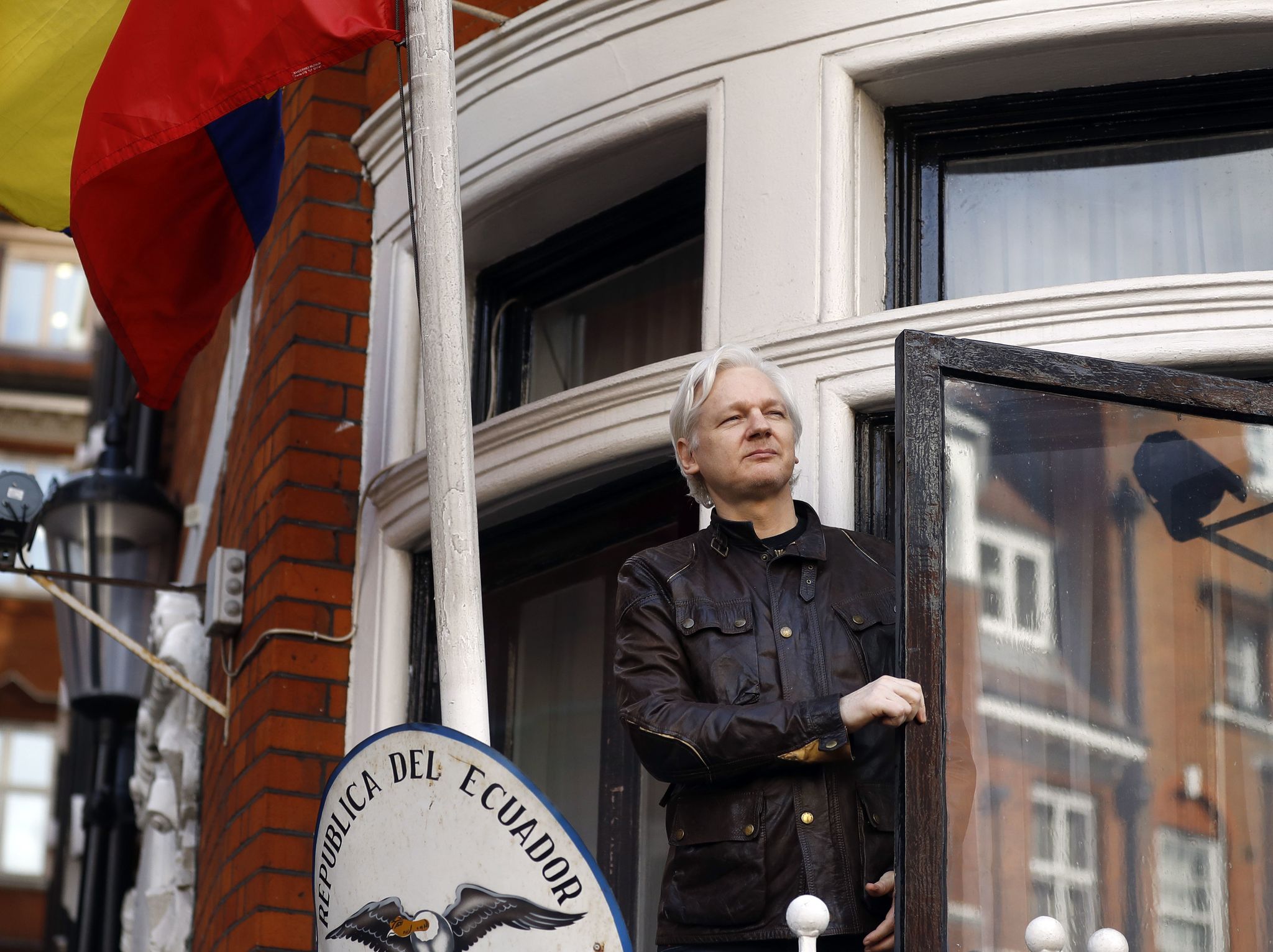
Ecuador will scale back security at its London embassy after news reports placed a $5 million price tag on operations protecting its most famous resident, WikiLeaks publisher Julian Assange, its gover
Ecuador will scale back security at its London embassy after news reports placed a $5 million price tag on operations protecting its most famous resident, WikiLeaks publisher Julian Assange, its government announced.
“The President of the Republic, Lenin Moreno, has ordered that any additional security at the Ecuadorian embassy in London be withdrawn immediately,” the government of Ecuador said in a statement Thursday.
“From now on, it will maintain normal security similar to that of other Ecuadorian embassies,” the statement said.
The government’s announcement came a day after The Guardian newspaper and Focus Ecuador reported that upwards of $66,000 a month has been spent on security, intelligence gathering and counterintelligence operations related to protecting Mr. Assange, a residence of the embassy since 2012.
The operations were authorized by Rafael Correa, the former president of Ecuador who granted Mr. Assange asylum nearly six years ago, and ultimately cost the country more than $5 million, the outlets reported.
“When we have special security, we hire private security firms to provide it,” Mr. Correa told The Guardian. “There is nothing unusual about this. It would have been a violation of our duties if we did not.”
The security operations included the installation of surveillance cameras and contracting a security team to “secretly film and monitor all activity in the embassy,” The Guardian reported.
WikiLeaks did not immediately respond to a request for comment concerning Ecuador’s decision to scale back security at the embassy.
Mr. Assange, 46, entered the embassy in June 2012 while under house arrest in connection with a rape investigation conducted by Swedish prosecutors. He argued that he would likely be extradited to the U.S. and prosecuted for publishing classified military and diplomatic documents through his WikiLeaks website upon surrendering to Swedish authorities, and Mr. Correa granted him asylum two months later.
Sweden dropped their rape probe in 2017, but British authorities have said they would arrest Mr. Assange if he leaves the embassy for jumping bail in 2012.
The Justice Department has not unsealed charges against Mr. Assange, but Attorney General Jeff Sessions called arresting him a “priority.”
London police, on their part, previously acknowledged spending roughly $16,000 a day stationing security guards outside the embassy, or about $5.6 million during the first year of Mr. Assange’s residence, prior to scaling back their operations in 2015.






